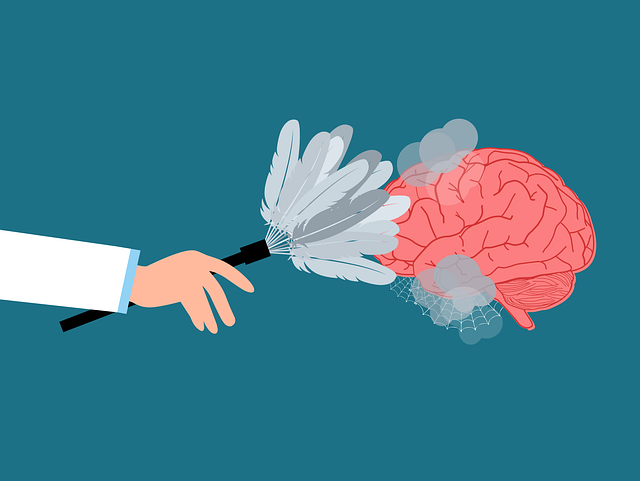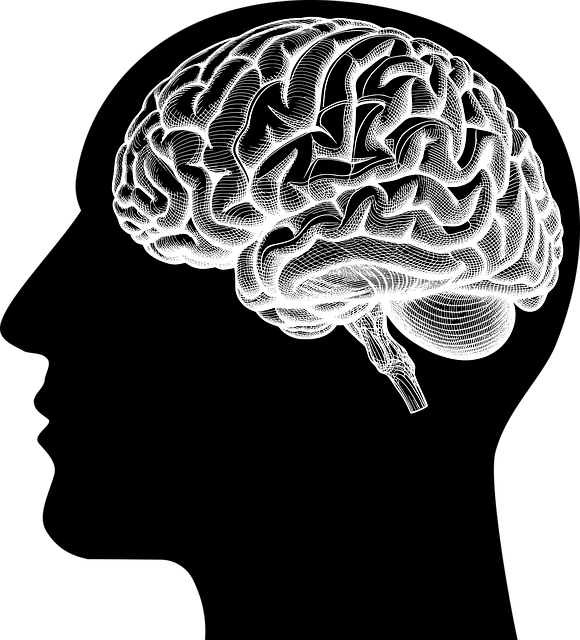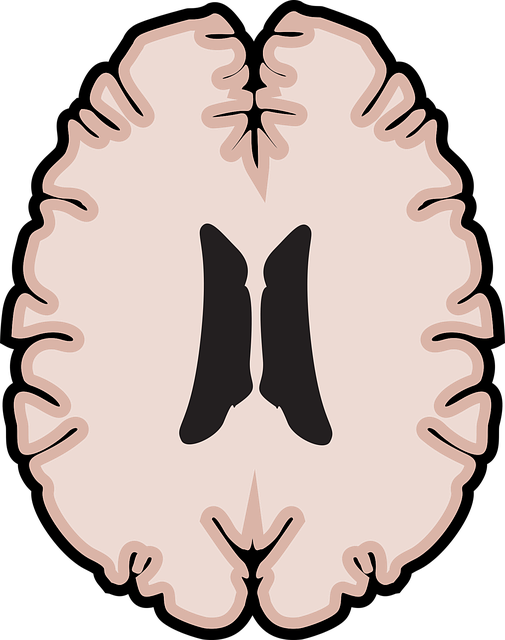Mental health policies in Arvada, Colorado, significantly impact adolescent support by shaping therapy access and resources. These initiatives include cultural sensitivity, community outreach, and youth-focused coaching, enhancing care quality and early intervention strategies. Advocacy drives policy changes prioritizing evidence-based therapies and mental health education in schools. Arvada Adolescent and Teen Therapy (AAT), a leading local program, offers specialized services through integrated mood management, resilience-building, and coping mechanism teaching, achieving positive outcomes with community partnerships.
Mental health policies play a pivotal role in shaping support systems for adolescents, influencing access to critical therapy services. This analysis explores the profound impact of such policies on young minds, with a specific focus on arvada adolescent and teen therapy. We delve into the intricate relationship between advocacy and policy formation, highlighting successful local initiatives. By examining Arvada’s approach, this article uncovers strategies that can guide broader efforts to enhance mental well-being among teenagers, emphasizing the transformative power of tailored therapeutic services.
- Understanding Mental Health Policy and Its Impact on Adolescents
- The Role of Advocacy in Shaping Effective Therapy Services for Teens
- Arvada Adolescent and Teen Therapy: A Case Study in Local Policy Implementation and Success
Understanding Mental Health Policy and Its Impact on Adolescents

Mental health policies significantly shape the support and resources available to adolescents struggling with their mental well-being. In Arvada, Colorado, where adolescent and teen therapy services are accessible, effective policy interventions can further enhance the reach and quality of care. The impact of these policies is profound; they influence early intervention strategies, access to specialized treatments, and overall community support for young people’s mental health.
A well-designed mental health policy should consider cultural sensitivity in healthcare practices, ensuring that services are inclusive and tailored to diverse adolescent populations. Additionally, implementing community outreach program initiatives can raise awareness about mental wellness among teens and their families. Furthermore, the development of mental wellness coaching programs specifically for adolescents can provide additional support and education, fostering resilience and empowering young individuals to take charge of their mental health.
The Role of Advocacy in Shaping Effective Therapy Services for Teens

Advocacy plays a pivotal role in shaping effective therapy services for teens, particularly in communities like Arvada where specialized adolescent and teen therapy is essential. Advocacy efforts can bring attention to the unique challenges teens face, ensuring that their mental health needs are addressed with age-appropriate approaches. By pushing for policies that prioritize youth mental health, advocates contribute to the development of comprehensive services tailored to this demographic. This includes advocating for increased access to evidence-based therapies, such as those designed to combat burnout prevention, which is a growing concern among adolescents today.
Furthermore, cultural sensitivity in mental healthcare practice is another area where advocacy makes a difference. Advocates work to ensure that therapy services are inclusive and respectful of diverse cultural backgrounds, addressing the specific needs and beliefs of teens from various ethnic and socioeconomic groups. This approach not only enhances the effectiveness of treatment but also fosters trust between therapists and clients. Additionally, advocates push for the integration of mental health education programs into schools, aiming to foster a culture of open dialogue about emotional well-being, thus reducing stigma and promoting early intervention strategies, such as those designed through well-curated Mental Health Education Programs.
Arvada Adolescent and Teen Therapy: A Case Study in Local Policy Implementation and Success

Arvada Adolescent and Teen Therapy (AAT) stands as a shining example of successful local policy implementation in mental health advocacy. This program, tailored for young individuals struggling with emotional and behavioral challenges, has significantly improved access to specialized care within the Arvada community. By focusing on evidence-based practices, AAT offers comprehensive therapy services that address not only symptoms but also foster resilience and coping mechanisms. The approach integrates mood management techniques, self-awareness exercises, and communication strategies tailored to adolescents’ unique needs, leading to substantial positive outcomes.
Through partnerships with local schools, community centers, and healthcare providers, AAT has ensured a holistic support system for its young clients. This collaborative effort has facilitated early intervention, preventing more severe mental health issues from developing. The program’s success lies in its ability to bridge the gap between adolescents’ everyday lives and their therapy, making services accessible, relatable, and effective. By learning from such initiatives, other regions can model similar strategies, ultimately enhancing overall mental wellness support for young people.
Mental health policy analysis and advocacy play a pivotal role in ensuring accessible, effective therapy services for adolescents. By understanding the impact of policy on young minds, we can empower advocates to shape strategies that positively influence teen well-being. The case study of Arvada Adolescent and Teen Therapy exemplifies how local initiatives can thrive when policies align with community needs, ultimately fostering healthier, more resilient youth. Continued analysis, advocacy, and collaboration are essential to sustaining and expanding these successful programs.














